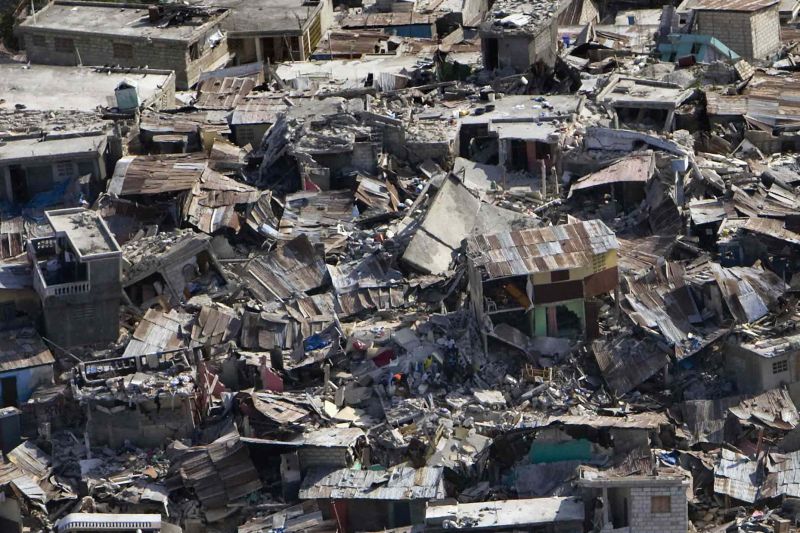
Photo by Flickr user <a href="http://www.flickr.com/photos/dantaylor/3395261666/" target="_blank">Dan Taylor</a> under Creative Commons
Until this week, Paul Shirley had built a nice career for himself as the globetrotting basketball player with a gift for writing. He’d published a well received first book about his benchwarming endeavors and parlayed his candid, down-to-earth style into a semiregular column at ESPN.com. That all changed on Tuesday, when Shirley, writing on his group blog, published a—let’s just say contrarian—take on the situation in Haiti. “I do not know if what I’m about to write makes me a monster,” he began. And then he very deliberately eliminated whatever doubts we might have had. Here’s a taste:
Dear Haitians –
First of all, kudos on developing the poorest country in the Western Hemisphere. Your commitment to human rights, infrastructure, and birth control should be applauded.As we prepare to assist you in this difficult time, a polite request: If it’s possible, could you not re-build your island home in the image of its predecessor? Could you not resort to the creation of flimsy shanty- and shack-towns? And could some of you maybe use a condom once in a while?
The response was swift: Sports Illustrated‘s Seth Davis called Shirley a “dumbass,” which is a little uncouth but we can’t really argue with it. And yesterday, ESPN released a statement announcing it had severed its ties with Shirley.
I won’t get into refuting Shirley’s logic because I really don’t think MoJo readers need to be convinced (read this or this for a quick take on why Haiti really is our problem). But his argument, coming as it did from a guy not usually seen as a bomb-thrower, is worth combatting for a larger reason: It’s simply a more immediately jarring version of the argument made by CNBC’s Rick Santelli and, most recently, South Carolina’s Lt. Gov. Andre Bauer. Specifically, that people (“stray animals,” in Bauer parlance) who have hit a rough patch, or were simply born into a tough situation, should be shunned by their neighbors lest we encourage them to continue being poor. It’s a worldview ripped straight out of the pages of Ayn Rand—of whom Shirley has written glowingly in the past.
Pat Robertson has gotten an avalanche of criticism for his comments on Haiti. But realistically, we’ve come to expect such buffoonery from Robertson. In 2010, comments like Shirley’s (or Santelli’s, or Bauer’s) are far more toxic to the public debate.










